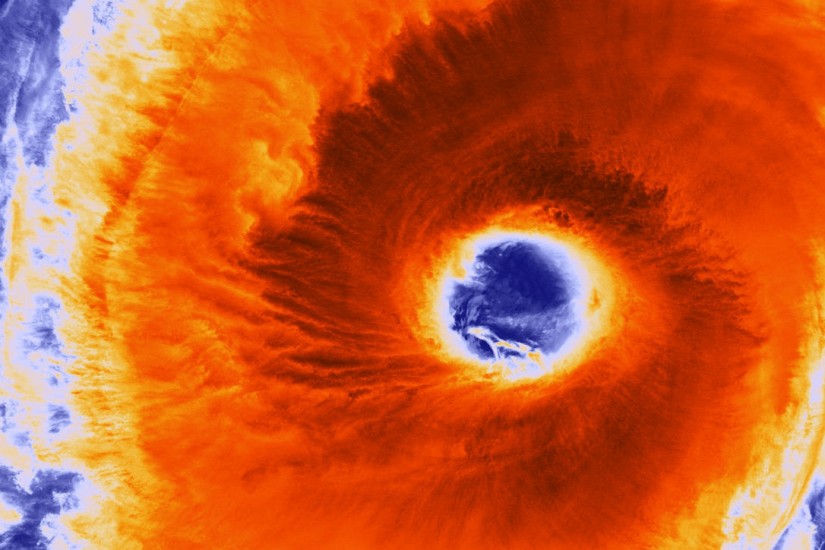On Populist and Populism
Sometimes language, especially the language we use to discuss politics, is a $20 bill found on a sidewalk. We have no idea where it came from and don’t care how old or new it is. We simply pick it up and use it for whatever purpose is at hand. In our current political situation, populism is like that $20 bill: it seems a lucky find, enough to get us through an otherwise difficult patch. It’s reassuring, too, as a reminder that our problems are not unique to this moment. Populism has been seen before. In America, it wins support, then fades away, then recurs in new forms as time goes on: the Know Nothing Party (a.k.a. the Native American Party) of the 1850s, William Jennings Bryan (1860–1925), the America First movement in the years leading up to the Second World War, and many others. And don’t forget the man whose image is on that $20 bill: Andrew Jackson, president from 1829 to 1837, our archetypal populist, although it was not a word he ever heard. Populism is a hybrid, the first part of which comes from the Latin populus, the people, while the ending echoes Greek nouns terminating in -ismos. In English, words with this ending regularly imply a system of belief or an ideology—communism, socialism, capitalism, fascism, and so on. Hence populism hints at policies and programs, or at least a claim of having some coherent political thought behind it.
American history is full of movements that may in retrospect be labeled populist, but the word is hard to find before the time of the Farmers’ Alliance, an agrarian reform movement of the 1880s that turned into the People’s Party or the Populists in 1892. That’s when populism was coined. For a long time, this term stayed right there, confined to that context, and was rarely used in a more general way. But in the 1960s, the vocabulary of populism took off. Part of the impulse came from a broadening of semantic range to include what the Oxford English Dictionary defines as “a person who seeks to represent or appeal to the interests of ordinary people.” The earliest example of this usage in the OED is from 1961. Now, amid political turbulence in Europe and the United States, the word’s range has expanded to characterize the uneasy mood of contemporary voters. Thus, we hear of “populist views and sentiments,” “the populist mindset,” and a “populist Zeitgeist”
